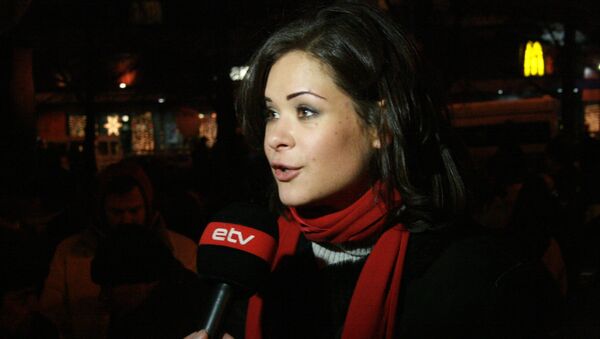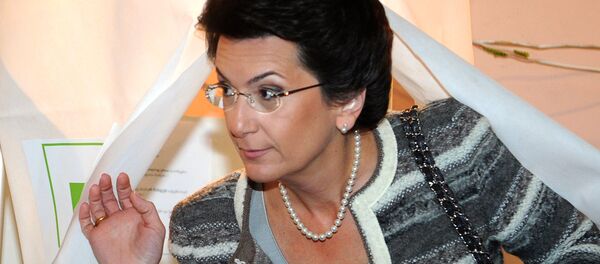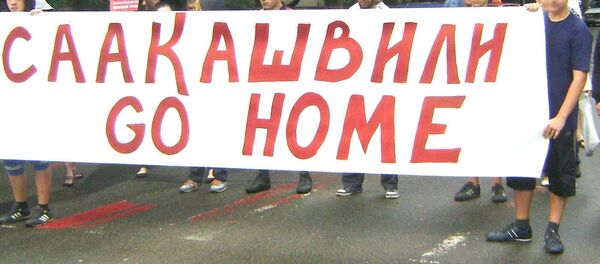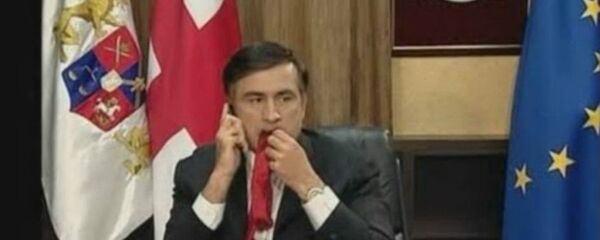The new deputy governor of Ukraine's Odessa region, the Russian liberal political figure Maria Gaidar got a cool reception upon her appointment after she refused to comply with the standard Ukrainian political narrative that Ukraine is at war with Russia.
Ukrainian parliament member and former deputy governor of Dnepropetrovsk Borys Filatov, famous for his "we will hang them later" line regarding Crimeans seeking independence from Ukraine, responded harshly to Gaidar's stance.
"They simply don't give a **** about our country. They are making money here. Or are fulfilling their sick ambitions. Or are training themselves 'on cats.' Choose the option for their motivation yourself," Filatov posted on Facebook.
Gaidar refused to answer when a Ukrainian television journalist asked her three times, "Who is Ukraine at war with?" The question is a sort of litmus test in Ukrainian politics, where media coverage and political discourse appears to hinge on the idea that Ukraine is at war with Russia, rather than fighting an internal civil war. Ukraine's parliament is currently considering a law which would issue prison terms of up to ten years for "denying Russian aggression." After passing six committee hearings, it is awaiting a floor vote.
"She will be the spokeswoman for Saakashvili's team for those who wish to 'hear' in Russian. Such is his logic," Lutsenko told Ukrainian television.
Gaidar later wrote on her Facebook that she has always been a supporter of Ukraine's territorial integrity, against Crimea's "annexation", and against the war in eastern Ukraine.
Andrei Illarionov, Russian President Vladimir Putin's former advisor, recently most known for expressing views critical of Putin in the Western media, wrote that Gaidar's position mirrors that of both Putin and Russian opposition figure Alexei Navalny.
Members of Russia's liberal political establishment were also critical of Gaidar, with Kirov region governor Nikita Belykh, who Gaidar also worked under as a deputy governor, saying that he does not support her decision.
"Going to work for the people whose relationship to our country and our people is known and is sharply negative is perceived as a contraposition of yourself to not only the government, but to all Russians," Belykh wrote.
In her statement to Ukrainian television, Gaidar also said that Ukrainians and Russians are brotherly people, which received the ire of some Ukrainian social media users, but not politicians.





